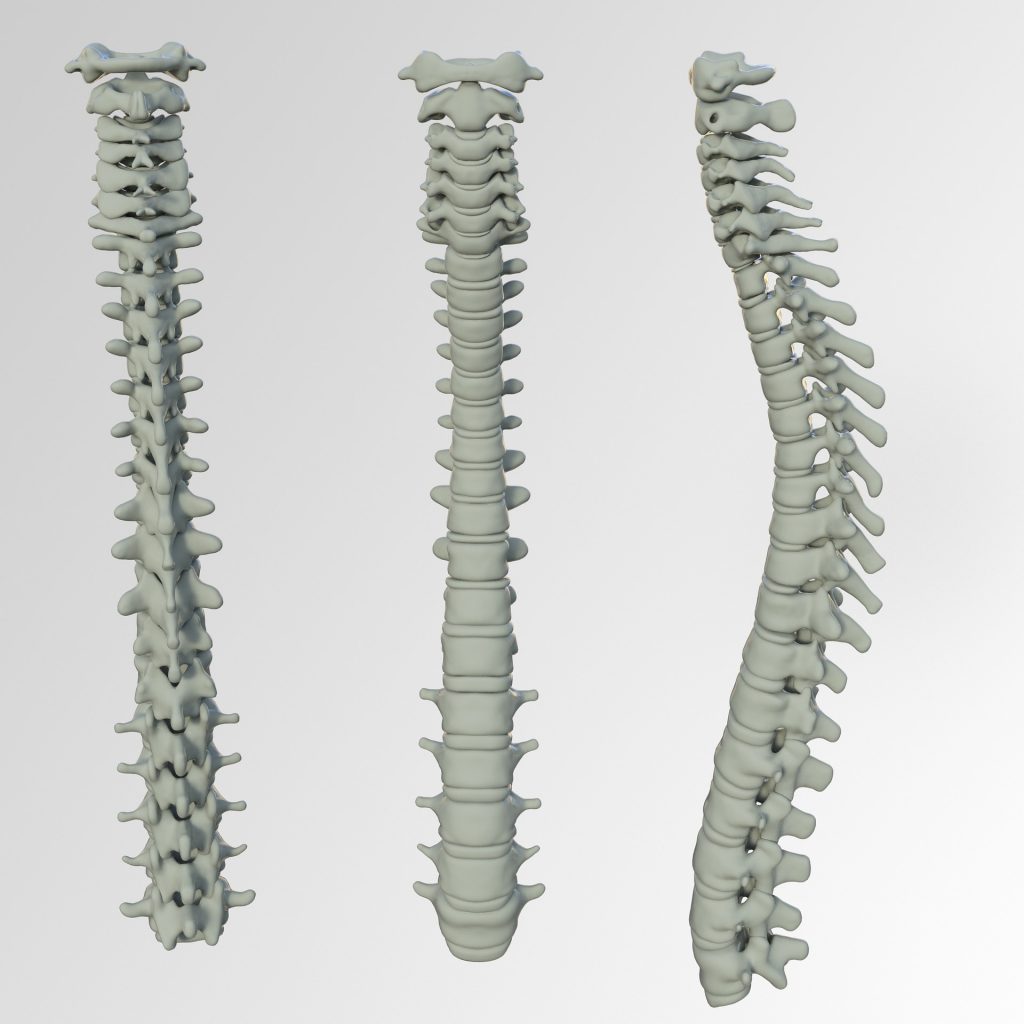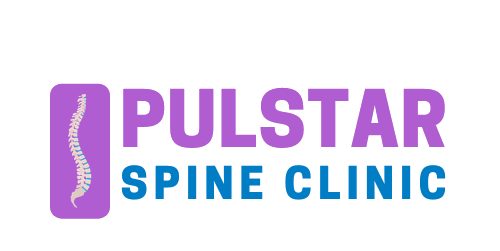
Disc Bulge
A bulging disc (slipped disc) mostly refers to a weakened disc swelling through a crevice in between the spine and thus extends out its normal position and in the process balloon out towards its weakest point and thus rupture releasing the contents of its nucleus. This is likened to slipping and causes pain, discomfort and other complications due to malfunctioning of this protective pad and the other adjacent nerve tissues. Little or no pain comes with a bulging disc and most times no surgical measures are needed to correct the condition. A slipped disk, herniated disc, ruptured disc, or prolapsed disc are other definitions for the bulged disc. Other than the low back, the cervical spine and the thoracic spine may also be affected.
Disc Bulge Treatment Bangalore
Causes and Symptoms of Disc Bulge
Causes of Disc Bulge
Degenerative disc disease due to aging and other accelerating factors like smoking and sedentary lifestyle may cause this pad to be less structurally sound and with reduced water content thus their reduced functionality.
Another cause is the wear and tear of the vertebrate as we age and also upon exerting weights on them. Injury and trauma would lead to herniated discs and their swelling.
Siting, standing or sleeping improperly would strain the neck and back thus predisposing one to bulging discs. A good posture will, therefore, lessen this risk.
Occupational hazards where a lot of lifting large and heavy objects, bending occur would increase chances of slipped discs. Wearing shoes with orthopedic support while running reduces the risk of attack.
Men are likely to be attacked than women.
Choosing Our Clinic, Choose The Best Care For You
Symptoms of Disc Bulge
The most common indicators of a herniated disk are:
Arm or leg pain
When pain is at the neck, shoulders, arms, hands or fingers it would be a likelihood of slipped disc in the cervical spine. Pain while walking, feeling heavy in the legs and loss of motor skills, pain in the buttocks and thighs is an indicator of the bulged disc in the lumbar spine. Pain in the chest and stomach is a signal of thoracic spine disc protrusion.
Numbness or tingling
This will occur in the regions located near the affected nerves.
Weakness
Due to impaired nerve functioning muscle spasms and weakening occurs reducing motor skills. One may experience hardships when lifting or holding objects. Other times herniated discs will show in patients with no symptoms.
Request a Callback
Choosing Our Clinic, Choose The Best Care For You
Treatment for Disc Bulge
Treatment is majorly done to reduce pain and irritation. Conservative or surgical measures would be employed to intervene in this condition. The magnitude of pain and discomfort exerted by the pressure on bones and also the degree to which the discs have swollen and protruded will determine the method of treatment.
Muscle balance physiotherapy to correct the body posture i.e. stretching and strengthening the back would help relieve the bulged disc related pain. This also will help strengthen the surrounding muscles and thus improved motor skills. Exercises like Yoga and swimming as instructed by a physical therapist would help strengthen your body parts and also reduce the pain (sciatica).
The great pain caused by the irritation of the discs itself or irritation of the adjacent nerves may tempt one to refrain from the prescribed physical exercises by the physical therapist. However, it is advisable for them to persevere and remain active by engaging in activities like stretching or walking among other low-impact activities. Total refrain from these exercises would lead to muscle weakness and joint stiffness.
Over-the-counter treatments such as the use of anti-inflammatory drugs Diclofenac and Acemethacin would help relieve pain. However, stronger medications by the doctor may be given where no response is affected by them.
These would include:
- muscle relaxers to relieve muscle spasms
- narcotics to relieve pain
- nerve pain medications like gabapentin or duloxetine
Major symptoms after the first attack and treatment are expected to settle down over the first six weeks. Others symptoms would settle down in the following six weeks. When they do not subside, the doctor may recommend surgical operations when especially the slipped disc is affecting one’s muscle function and mobility.
Minimal invasive spine surgery e.g. microdiscectomy may be employed to remove only the degenerated and protruding part of the disc rather than all. When very severe, the entire disc may be replaced with an artificial one or the disc removed and the vertebrates fused together. This procedure with a laminectomy and spinal fusion will add stability to the spinal column.
Treating a Bulging Disc
We, at Pulstar Spine Clinic, have treated hundreds of patients suffering from a bulged disc using chiropractic ways. Our spine specialists are well experienced to accurately assess your condition and with our non-invasive approaches, bringing a complete relief is our mission.
Use the below form to contact us for an appointment at our clinic in Bangalore.

